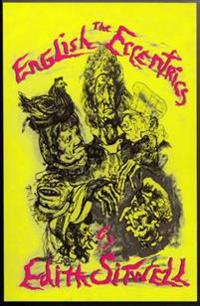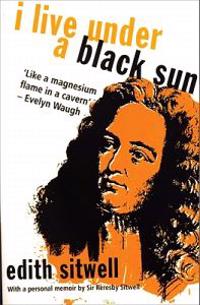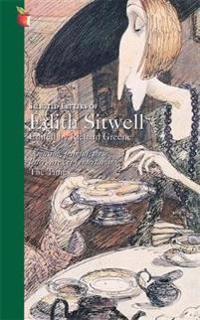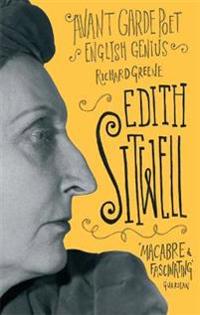The English Eccentrics (Pocket)
avEdith Sitwell, Richard Ingrams, Edith Sitwell
ISBN: 9781873429730 - UTGIVEN: 200510Ecentricity exists particularly in the English, says Dame Edith, because of 'that peculiar and satisfactory knowledge of infallibility that is the hallmark and the birthright of the British nation.' Hermits, sportsmen, quacks, mariners, the indefatigable British travellers, men of learning, men of l[...]
I Live Under A Black Sun (Pocket)
avEdith Sitwell
ISBN: 9780720612257 - UTGIVEN: 2007-11Dame Edith Sitwell, wit, notorious eccentric, and poet, is not normally thought of as a novelist, but her only novel is a true forgotten classic. Garlanded with extravagant praise on its release, it was reprinted several times but fell into neglect and has now been out of print for almost 50 years. [...]
A Notebook on William Shakespeare (Häftad)
avDame Edith Sitwell
ISBN: 9781448200702 - UTGIVEN: 201301This book may be described as Dame Edith Sitwell's personal notebook. It consists of essays on the subject of the general aspect of the plays-those great hymns to the principle and the glory of life, in which there are the same differences in nature, in matter, in light, in darkness, in movement, th[...]
Selected Letters of Edith Sitwell
ISBN: 9781844085088 - UTGIVEN: 2007-11Edith Sitwell (1887-1964) was, through four decades, the most prominent and celebrated woman poet in Britain. Among the notable admirers of her work were Siegfried Sassoon, WB Yeats and Gertrude Stein, Stephen Spender and Marianne Moore. Just after her death, Allen Tate described her in The New Yo[...]
Edith Sitwell: Avant Garde Poet, English Genius (häftad)
ISBN: 9781860499685 - UTGIVEN: 2012-06For the better part of forty years, Edith Sitwell's poetry has been neglected by critics. But born into a family of privileged eccentrics, Edith Sitwell was highly regarded by her contemporaries: the great writers and artists of the day who attended her unlikely London literary salon. Her quips and [...]







